Healthy Uses for Salt

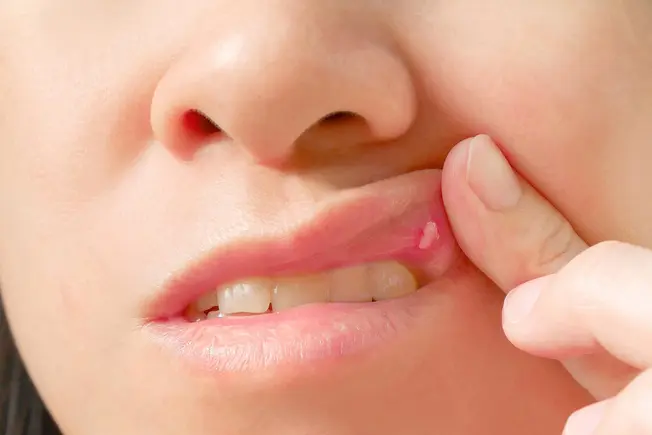
Canker Sores
Rinsing your mouth with salt water can ease the pain and help you heal faster. Stir a teaspoon of salt into a half-cup or so of water. Swish and spit. Do this several times a day until your canker sores don’t bother you anymore.
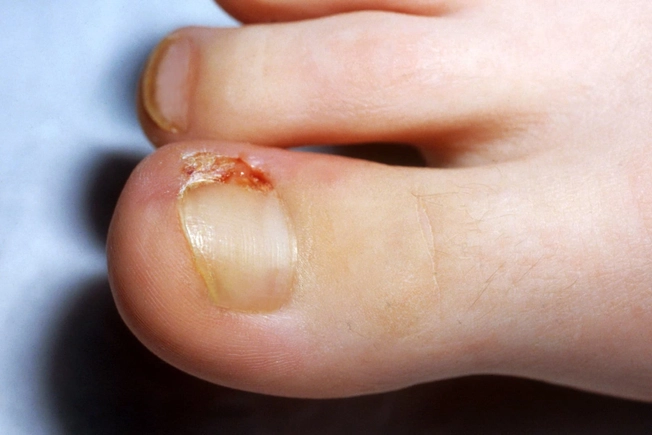
Ingrown Toenail
This is when the edge of your toenail curves down and gets trapped in your skin. It often affects the big toe, and it can really hurt. To ease swelling and tenderness, soak your foot in warm salt water several times a day. Follow with antibiotic ointment and a bandage. See your doctor if it doesn’t improve or gets worse.

Stuffy or Runny Nose
Salt is a proven way to help you breathe easier when you’ve got a cold, the flu, or allergies. A bonus: It’s affordable, too. Look for over-the-counter saline nasal sprays at the drugstore. Or use a neti pot to rinse out your nasal passages with salt water.
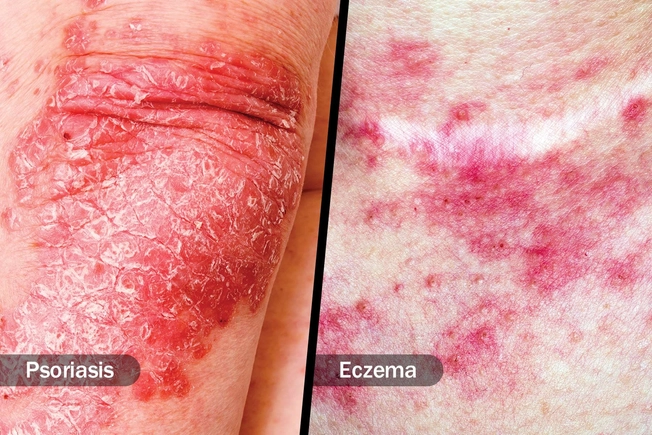
Psoriasis and Eczema
Mineral-rich salt water is in places like the Dead Sea in the Middle East and the Blue Lagoon in Iceland. Soaking in water like this helps moisturize the skin and ease redness. And if you have psoriasis or eczema, it can relieve the scaly patches and inflammation. To do this at home, add Dead Sea salts or Epsom salts to your tub and soak for about 15 minutes. Even a cup of plain table salt in your bath water can ease eczema symptoms.
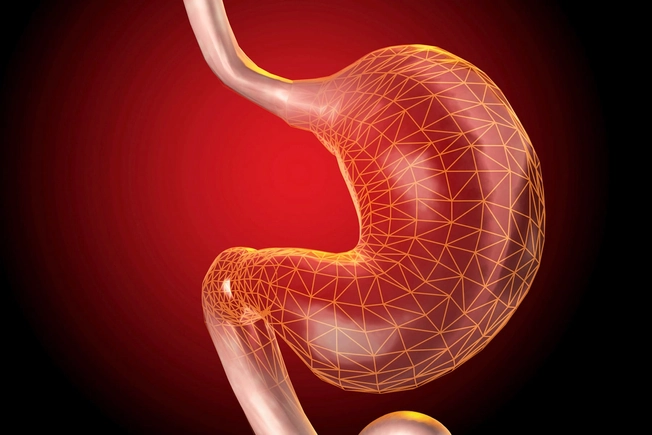
Heartburn
Baking soda is a type of salt, and it’s also a natural antacid. Stir about a teaspoon into a glass of cold water after a meal. If you get heartburn a lot, don’t keep treating it yourself. See a doctor to make sure there’s nothing else going on. And keep in mind that baking soda has sodium in it. If you’re on a low-salt diet, your doctor might want you to try a different type of antacid instead.
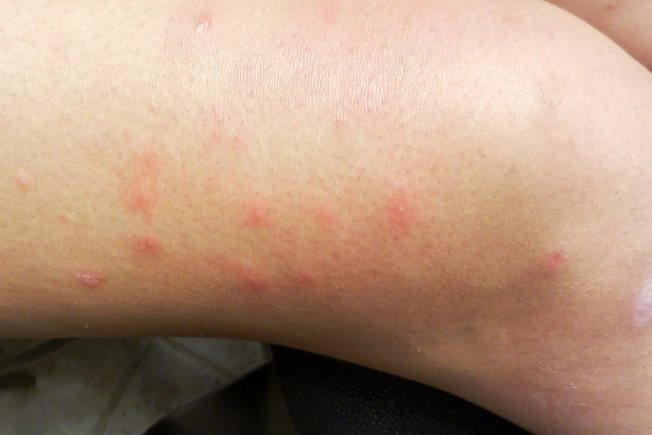
Bug Bites or Stings
A paste made from baking soda and a little bit of water can help with any itching, stinging, or minor swelling. It also helps with rashes from hives, angioedema, or from contact with plants like poison ivy, poison oak, or poison sumac.

Sore Throat
Gargling with salt water -- about 1/2 teaspoon dissolved in a cup of warm water -- can ease swelling and make a sore, scratchy throat feel better.
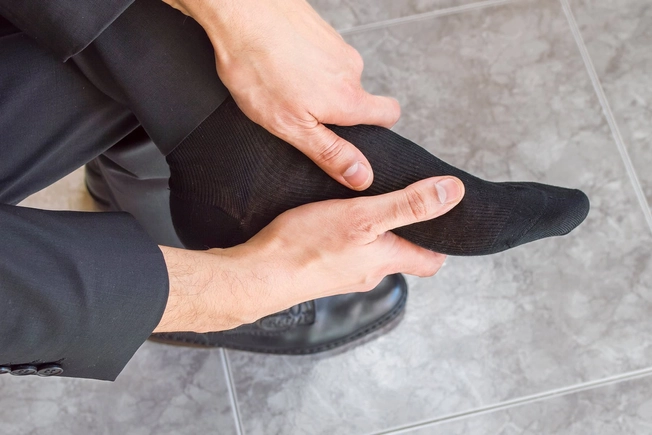
Tired Feet
Two cups of Epsom salt dissolved in a gallon of warm water is a common remedy for achy feet. The salt has magnesium, which helps keep your muscles working well. But there’s no proof that you can absorb it through your skin, so it's more likely that the warm water just feels good. But there’s no harm in an Epsom salt soak.
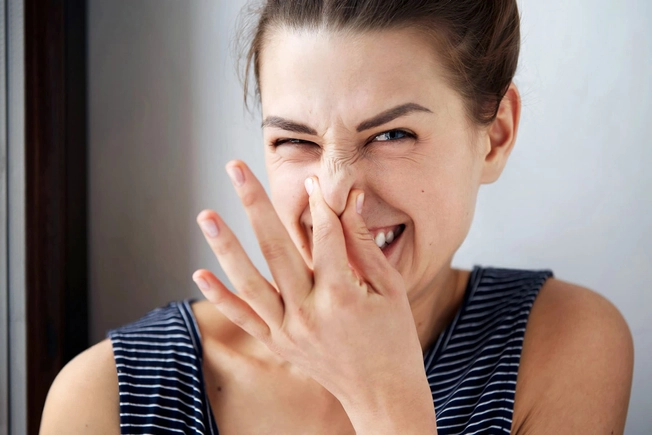
Bad Breath
If your breath isn’t the freshest, a dry mouth and plaque buildup are probably to blame. Baking soda can fight microbes in your mouth and can neutralize bad breath for up to 3 hours. Make a mouthwash with half a teaspoon of baking soda and a cup of water. Swish for a minute 3-4 times per day.
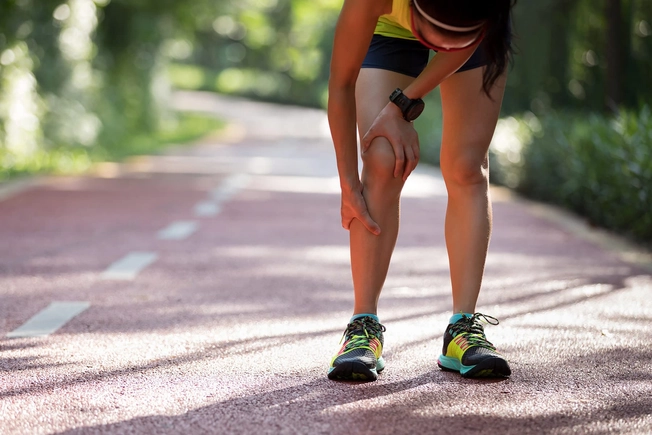
Stop Heat Cramps
If you exercise or do physical work in the heat long enough, you can lose fluid and salt in your sweat. This can cause sharp pains, especially in your arms, belly, and calves. To keep this from happening, you need to take in fluids and salt. You can drink a sports drink or eat a salty food with water. In a pinch, you can make your own sports drink by mixing a teaspoon of salt in a quart of water.
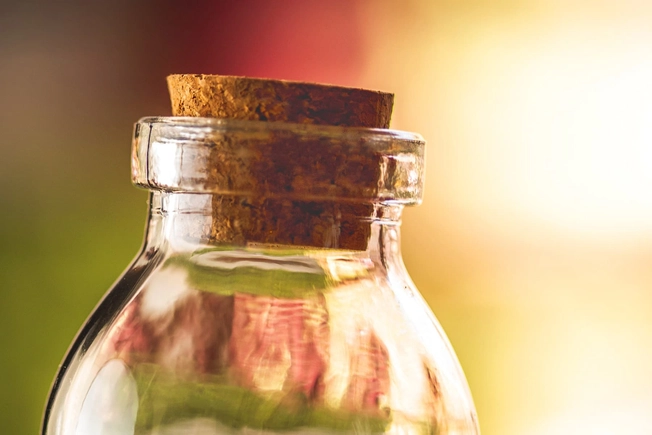
Constipation
Feeling a little irregular? Follow the dosage directions to dissolve some Epsom salt in a glass of water (it’s usually 2-6 teaspoons per day). You can add lemon juice to make it taste better. This will usually help you go in 1/2 hour to 6 hours.
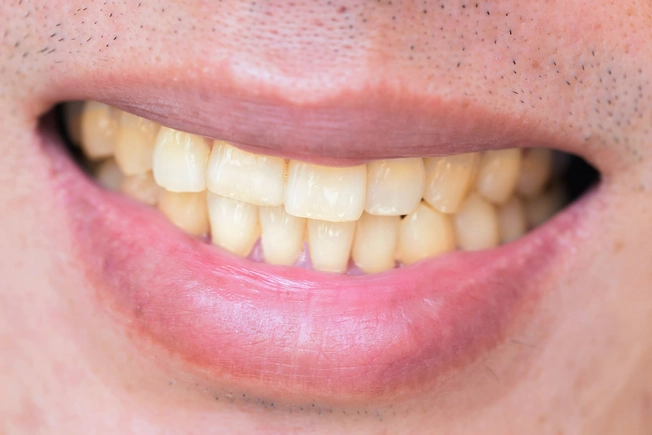
Teeth Stains
A few studies show that toothpaste with baking soda whitens your teeth better than the kind without it. The soda scrubs away surface stains but won't scratch your pearly whites.